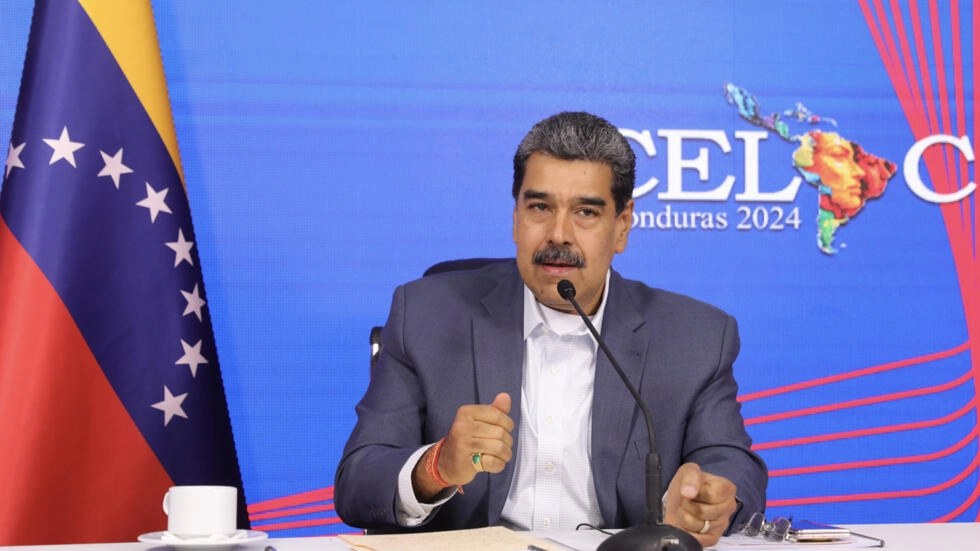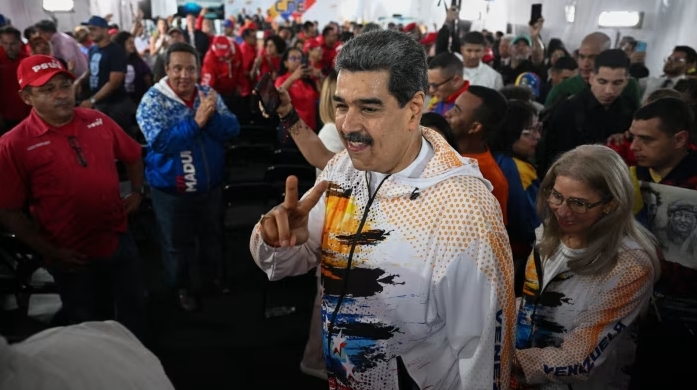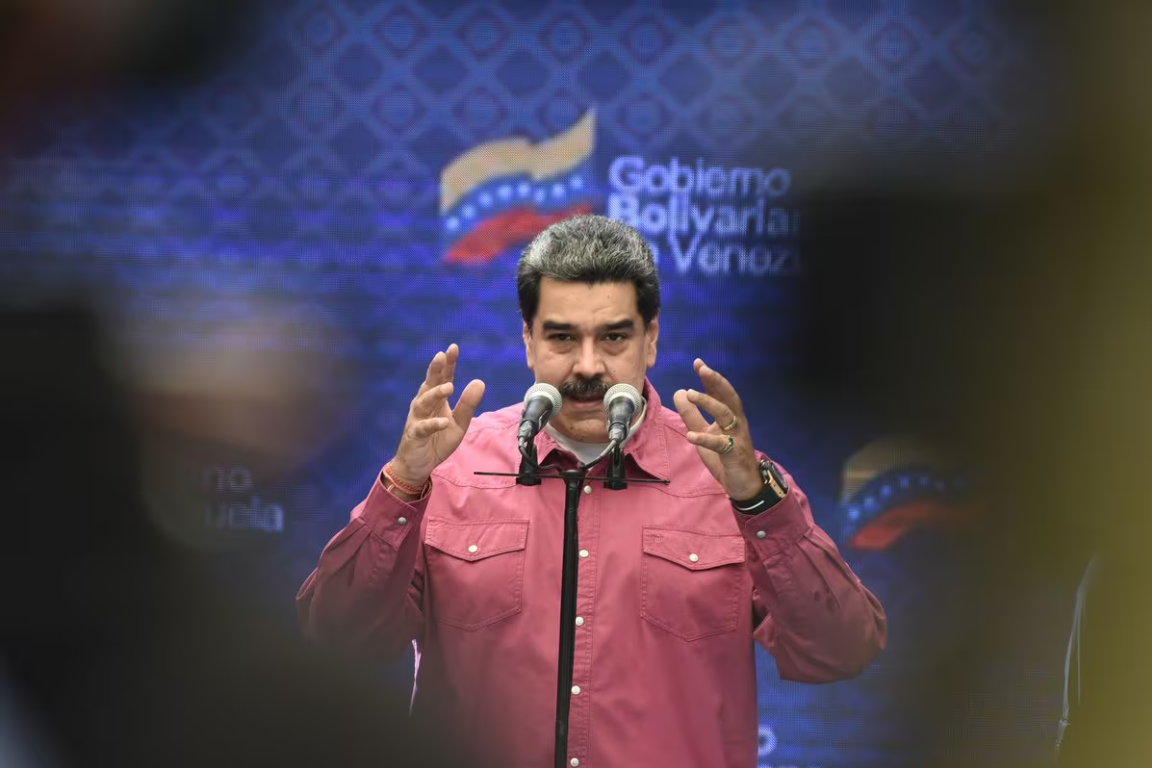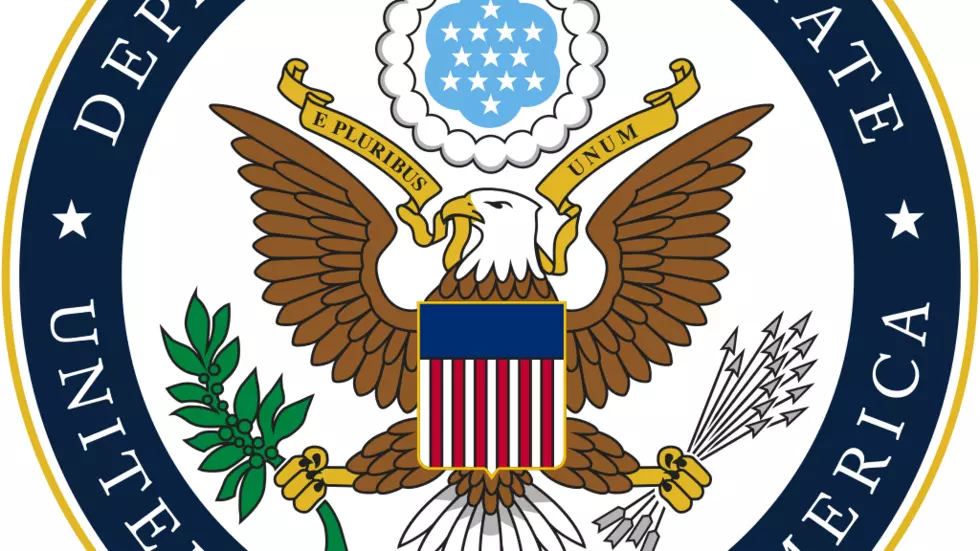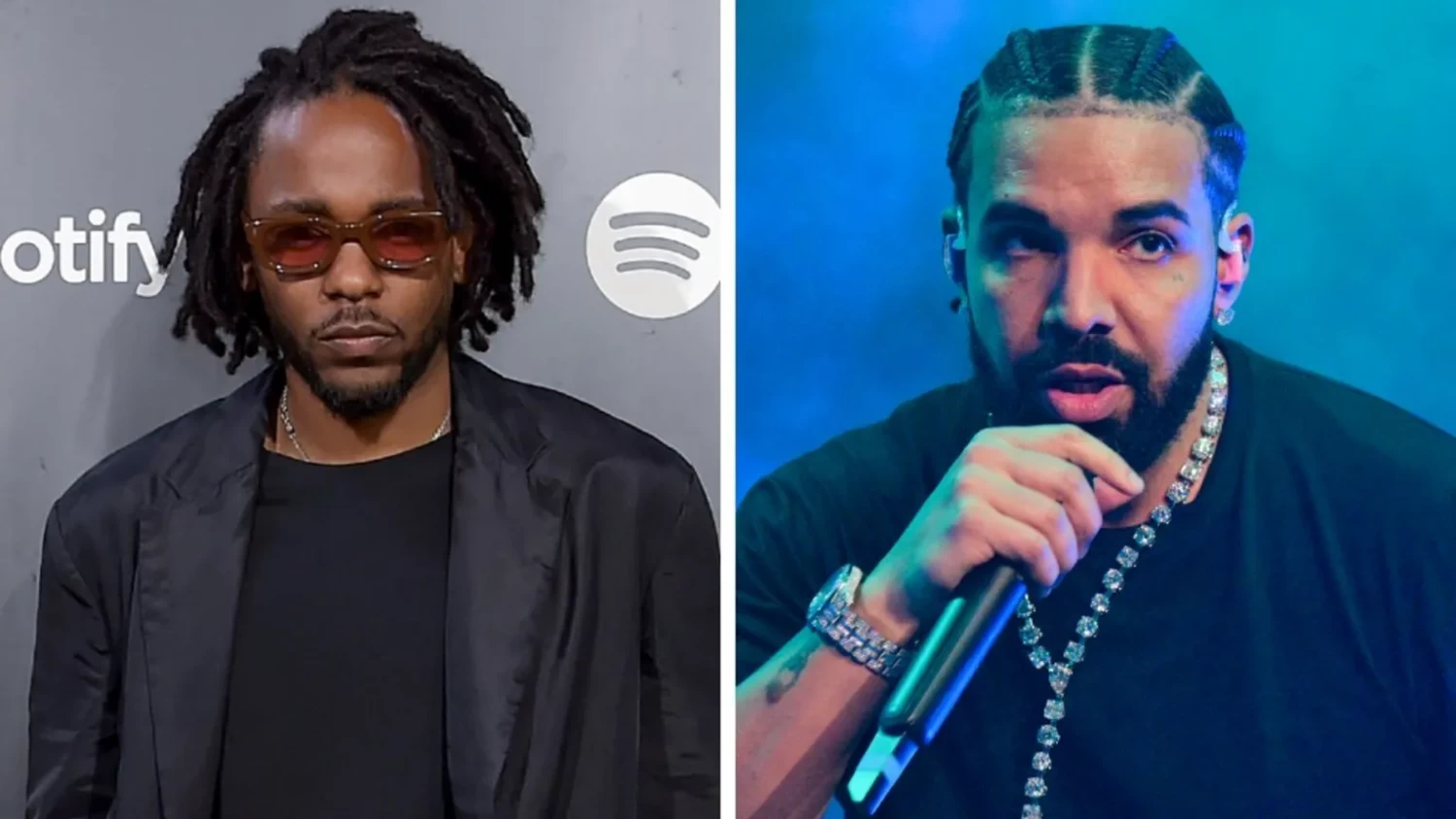This article is more than
8 year oldVenezuela pulls highest-value banknote 'to strike against mafia'
Central bank data suggests there are more than six billion 100-bolivar notes in circulation, making up almost half of all currency.
Venezuelans will have 10 days from Wednesday to exchange the notes for coins and new, higher-value bills.
President Nicolas Maduro said the move would stop gangs hoarding the notes.
But in India, a similar move to scrap high-value bank notes last month has caused major disruption.
'Mafia hoarding'
In a surprise announcement, Mr Maduro said on Sunday that the 100-bolivar note, worth about 2 US cents (£0.015) on the black market, would be taken out of circulation on Wednesday.
The president said the aim was to tackle transnational gangs which hoard the Venezuelan notes abroad, a move he has in the past described as part of the "economic war" being waged against his government.
He said the gangs held more than 300bn bolivares worth of currency, most of it in 100-bolivar notes.
President Maduro said there were "entire warehouses full of 100-bolivar notes in the [Colombian cities of] Cucuta, Cartagena, Maicao and Buaramanga".
Border closure
He said part of the plan was to block any of the 100-bolivar notes from being taken back into the country so the gangs would be unable to exchange their hoarded bills, making them worthless.
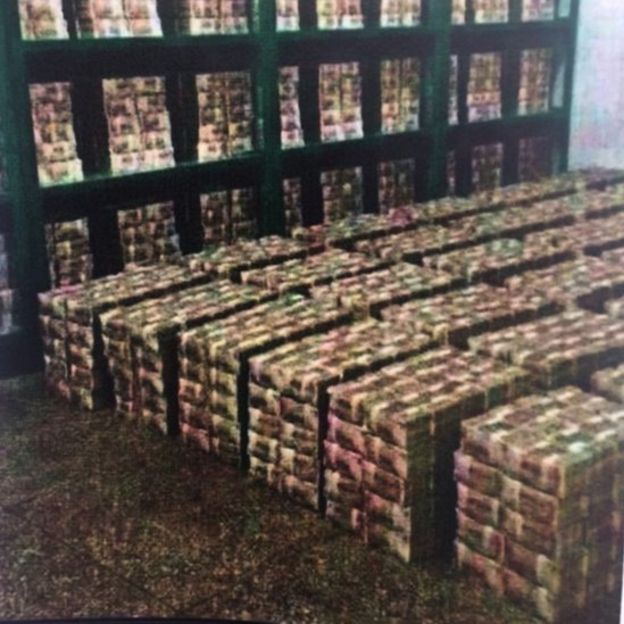
The governing PSUV party published photos of what it said were warehouses where bolivars were being hoarded
"I have given the orders to close all land, maritime and air possibilities so those bills taken out can't be returned and they're stuck with their fraud abroad," he said speaking on television.
Venezuela's currency has fallen dramatically amid skyrocketing inflation.
On the black market, its value dropped by 55% against the US dollar just in the past month, and the International Monetary Fund estimates that next year's prices will rise by more than 2,000%.
Gangs can therefore buy up Venezuelan banknotes cheaply on the black market in exchange for dollars or Colombian pesos.
They then use the Venezuelan currency to buy subsidised goods in Venezuela, which they in turn sell at a profit in neighbouring Colombia.
Many Venezuelans living near the border buy Colombian pesos to purchase goods in Colombia which they cannot get in Venezuela due to chronic shortages.
Cash crunch?
President Maduro blames both the shortages and Venezuela's record inflation on "imperialist forces" he says are trying to bring down his government.
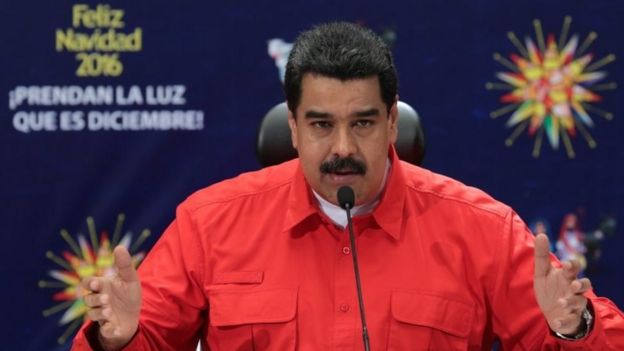
President Maduro made the surprise announcement during his weekly TV show
He said the aim of these "forces" was "to destabilise out economy and our society, to leave the country without 100-bolivar notes".
Analysts say the move is likely to worsen the cash crunch in Venezuela, where people have already been limited in the amount of cash they can take out at automated teller machines.
Venezuelans have only been given 10 days to exchange their 100-bolivar notes for new coins and bills ranging from 500 to 20,000 bolivars due to be introduced from 15 December.
Critics of Mr Maduro have predicted chaos and doubt that the facilities will be in place for people to exchange all their 100-bolivar notes.
"When ineptitude governs! Who would possibly think of doing something like this in December amid all our problems?" opposition leader Henrique Capriles wrote on Twitter (in Spanish).
Newer articles
<p>They have been blasted from car stereos on the streets of New York City, played by DJs at nightclubs across the US, dubbed into Chinese on TikTok and inspired merengue songs...
Island nation erupts into violence, three dead
Taylor Swift concert photo horrifies internet
Sean 'Diddy' Combs asks judge to reject lawsuit alleging rape of 17-year-old girl in 2003
Ukraine finds itself in a grave situation. Russia appears to be advancing
Ellen to make TV comeback after two years
How the West's plan to punish Russian oil backfired
Will Zionism survive the war?
Putin's Preparing Better Than Us for a Long War
Putin’s choice of new defence minister shows he’s preparing for confrontation with the West
